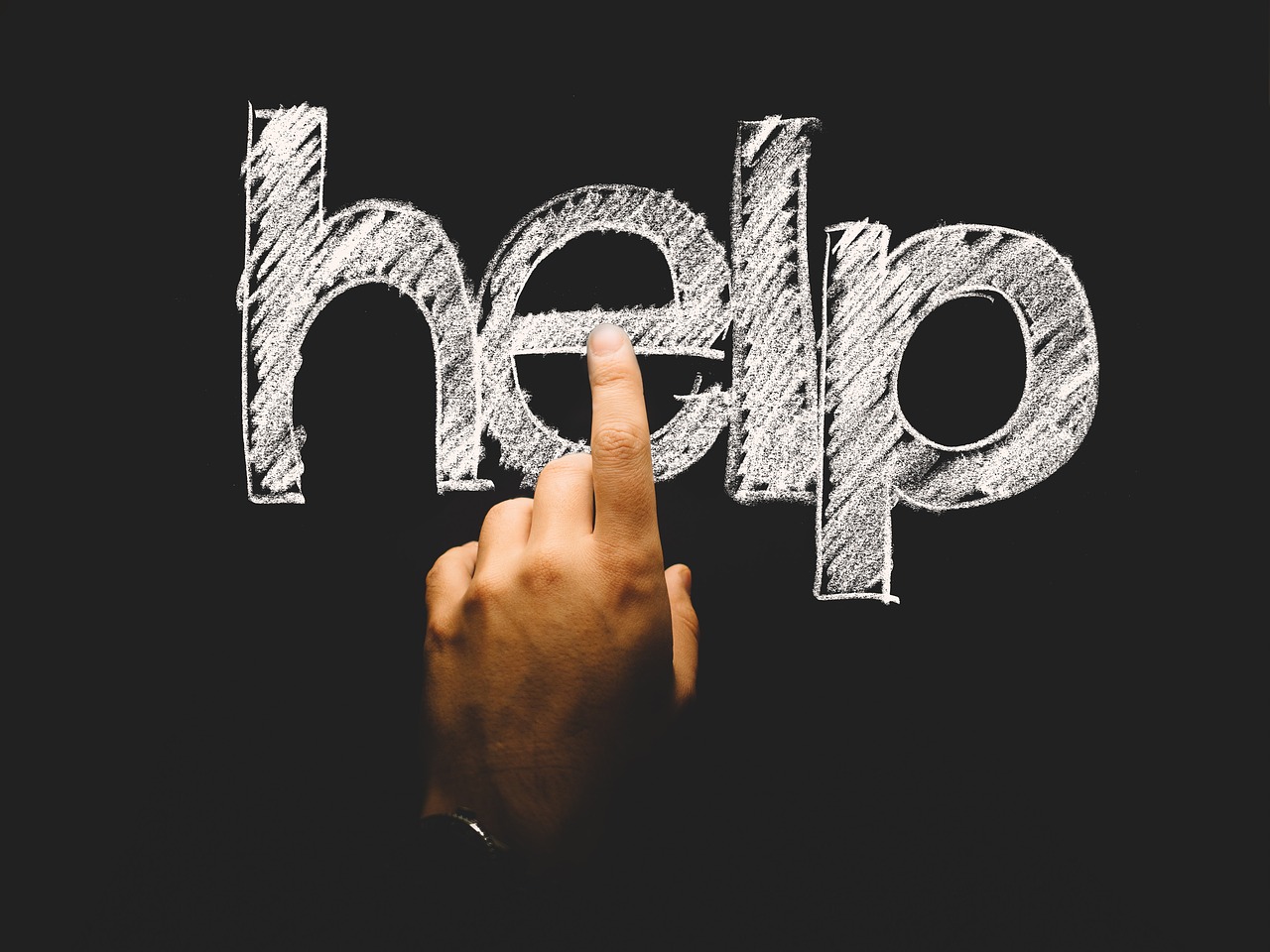The dowry system in India is a social issue that has been around for centuries. It’s an old tradition that needs to be phased out, but it takes time to change people’s mindsets. The modern Indian people who want the system gone will need to work hard and take initiative.
This blog post will show everything about this system – how to tackle the issue or what are the consequences, and any other information we could provide you with on this controversial topic!

What is a Dowry and how bad is it?
A dowry is a social evil in society that has created unimaginable violence and crime against women and has tarnished the Indian marriage system.
Dowry payments can be made in cash or kind to the bride’s in-laws during her wedding.
Today the government has come up with a number of laws (The Dowry Prohibition Act 1961) and changes, not only to end this system but also to raise the status of a girl child by introducing more schemes.
However, due to the social nature of the problem, the law has failed to deliver the desired results to our society.
To address this issue, mobilizing people’s knowledge and behaviour, providing education and economic independence for women, as well as effective enforcement of anti-dowry laws, can help.
Mahatma Gandhi
Impact of the Dowry program
Gender Discrimination: As a result of the dowry, women have often been viewed as debtors and are often mistreated and given less support either in education or in other resources.
Affecting Women’s Work: The main reason for dowry is the absence of poor women in the workplace, and their failure to become financially independent.
The poor family send their daughters to work and earn money, to help them save their dowry.
The ordinary middle and upper class can send their daughters to school, but do not stress job options.
Many women end up unmarried: An innumerable number of girls in the country, despite being educated and skilled at work, remain unmarried indefinitely because their parents cannot meet the demand for dowry.
Women are seen as an object: Due to dowry, the females are treated as an object of money-making sources by their in-laws.
This makes a woman a mere good business opportunity rather than a human being.
Violence Against Women: In some cases, the dowry demand leads to crimes against women, from emotional trauma and injury to death.
There can be more severe results of dowry like – murder, domestic violence and burning of brides.
A girl has to face humiliation for dowry: Many women are killed or forced to commit suicide because they cannot meet the demands. At times, it is seen that husbands torture their wives just because they could not fulfil their demands.
What can be done to prevent dowry?
Recognizing the Limitations of a Social-Political Solution: No law can be enforced without wholehearted cooperation.
The rule of law undoubtedly sets the standard of conduct, activates the conscience and provides some assistance in the efforts of socialists to eradicate it.
However, social evils like dowry cannot be eradicated unless the people take the philosophy behind the law too much.
Educating Girls: Education and independence are powerful and important gifts that parents can give their daughters.
This will help her to become financially secure and to be an effective family member, giving her respect and dignity in the family.
Providing girls with a solid education, and encouraging them to pursue a career of their own, is the best deposit any parent can give to their daughter.
Creating Social Discrimination Around Garbage: Accepting dowry should be made a public disgrace, and all generations should be dealt with strictly.
With this in mind, public awareness of the negative and long-lasting impacts of dowry demands must be revived.
Union and Government Governments must take practical steps to strengthen the anti-dowry awareness among the people through Lok Adalats, radio broadcasting, television and newspapers on an ongoing basis.
Young people are the only ray of hope for a successful fight against the threat of dowry. They should be provided with moral education to broaden their horizons and expand their thought processes.
Multi-participant approach: Countries should look at gender-sensitive information during the life cycle – birth, childhood, education, nutrition, access to health care, etc. – to address gender inequality.
There is a need to increase childcare and safe public transportation, reduce employment discrimination, and create workplace environments.
At home, men should share in household chores and care.
There are several steps that can be taken to prevent dowry from being a common tradition. One way is for people and the government to work together in order to take action against this issue within their community.
Those who feel they may have been forced into giving a dowry should make sure they don’t pay it back once the marriage has ended, as this would only encourage further payments of dowries.
However, those who wish not to return the money should consider donating it or using it towards education so that women will have access to opportunities such as employment without having any debts attached due to dowry payments. This way, both men and women benefit from no longer being under pressure from society regarding how much they might need/want a dowry.
Conclusion
The dowry system in India is an ancient tradition, which has now evolved into something quite different from its original purpose.
However, it doesn’t change the fact that many women are still suffering because of a practice they had no choice but to be involved with.
Dowries should not cost lives and families should try their best to come up with an alternative solution other than asking for money if they need financial assistance.
One way or another, this topic needs to stop being ignored as soon as possible since it affects more people every year regardless of those who speak out about it or not. In addition, both men and women can benefit from taking steps towards ending this harmful tradition once and for all!
Finally, it’s important to be aware of the implications that dowry practices have on women in modern-day India. It may seem like a tradition that is too deeply rooted in society for people to care about changing, but hopefully, awareness will inspire everyone involved with this practice – both men and women – to find new ways of dealing with marriage payments so that women are no longer financially disadvantaged through their marriages due to dowries.
Disclaimer: This article has been written by Swarnima Jha (LinkedIn) of New Law College, Pune. The opinions expressed within this article are the personal opinions of the author. The facts and opinions appearing in the article do not reflect the views of Adjuva Legal and Adjuva Legal does not assume any responsibility or liability for the same.








